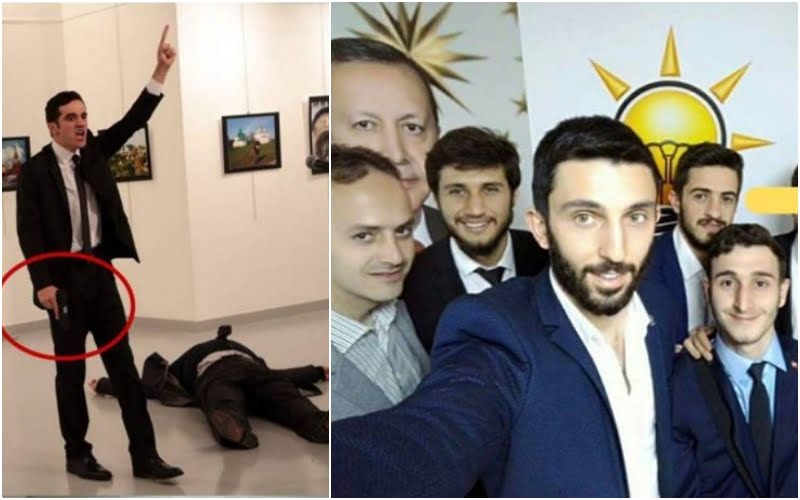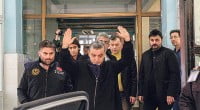Turkey at the precipice

Date posted: December 19, 2016
Michael Rubin
Andrei Karlov, Russia’s ambassador to Turkey, was shot and killed today while he attended an art exhibit in Ankara. According to eyewitnesses, the assailant — an Islamist terrorist dressed as a policeman — shouted, “You killed innocent people, Ya Allah, bismillah!” The attack took place just down the street from the U.S. Embassy; the victims could just as easily have been American diplomats.
Unfortunately, this is just the beginning in Turkey. Just this month, there has been a bombing in the heart of the tourist district of Istanbul that killed more than three dozen people and wounded many more. Then there was a bombing in the central Anatolian city of Kayseri that killed 13 more. Last year, bombs killed over 100 hundred more in Ankara and Istanbul.
Turkey has a terror problem. The Islamic State, Kurdish extremists and radical leftists each pursue targets inside Turkey seemingly with impunity. Turkey is no stranger to terrorism, but for decades it managed to control the problem. Turkey’s security forces were efficient. Today, however, the situation has changed. Turkish President Erdogan has purged the military, the police, and intelligence professionals. As he has rotated thousands around the country, Turkey has lost years of accumulated local experience.
Turkey has a terror problem. The Islamic State, Kurdish extremists and radical leftists each pursue targets inside Turkey seemingly with impunity.
Turkey is no stranger to terrorism, but for decades it managed to control the problem. Turkey’s security forces were efficient. Informants provided intelligence, police acted to prevent attacks and arrest the would-be perpetrators. The Kurdish insurgency was bloody but largely limited to southeastern Turkey. Most businessmen and tourists visiting Istanbul, Ankara or the Mediterranean Coast could forget that there was a war ongoing.
Today, however, the situation has changed. Turkish President Recep Tayyip Erodgan has purged the military, the police, and intelligence professionals. Just since the abortive July 15 coup, he has fired or arrested tens of thousands of police and investigators. As he has rotated thousands around the country, Turkey has lost years of accumulated local experience.
Nothing legitimizes terrorism, but Erdogan has guided Turkey to a precipice. By prioritizing political loyalty above professionalism and competence, Erdogan has essentially shredded Turkey’s ability to counter forces of instability which his predecessors had always kept at bay. Turkey is now in the fight of its life and no longer has the tools with which to counter the challenge. What happened today in Ankara, unfortunately, will be the new normal throughout Turkey, from the tourist resorts of the Aegean and Mediterranean to the malls and high rises of Istanbul, to the markets of Kayseri and the refugee camps of Gaziantep. Sometimes, dictatorship does not bring peace or stability.
Source: Washington Examiner , December 19, 2016
Tags: Russia | Terrorism | Turkey |
























